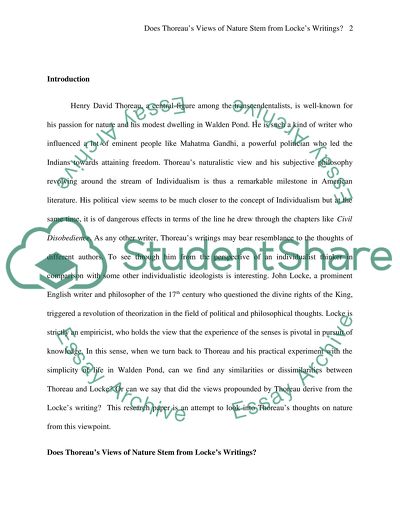Cite this document
(“Thoreau's views of Nature is primarily subjective in which he Essay”, n.d.)
Retrieved from https://studentshare.org/english/1463473-thoreau-s-views-of-nature-is-primarily-subjective
Retrieved from https://studentshare.org/english/1463473-thoreau-s-views-of-nature-is-primarily-subjective
(Thoreau'S Views of Nature Is Primarily Subjective in Which He Essay)
https://studentshare.org/english/1463473-thoreau-s-views-of-nature-is-primarily-subjective.
https://studentshare.org/english/1463473-thoreau-s-views-of-nature-is-primarily-subjective.
“Thoreau'S Views of Nature Is Primarily Subjective in Which He Essay”, n.d. https://studentshare.org/english/1463473-thoreau-s-views-of-nature-is-primarily-subjective.


